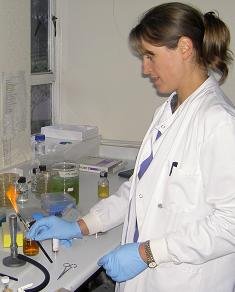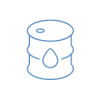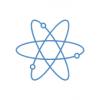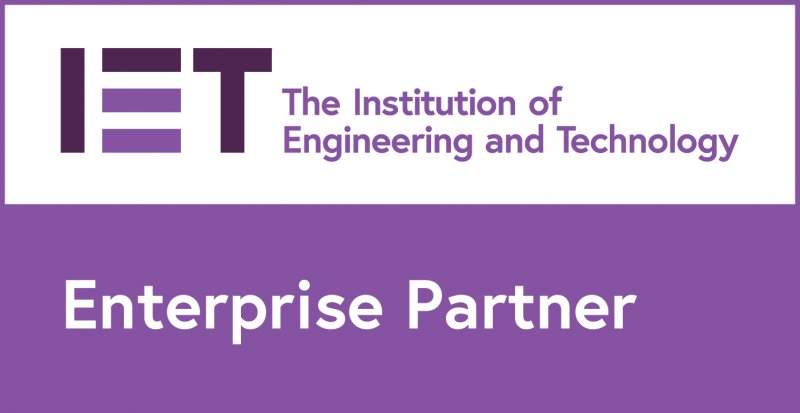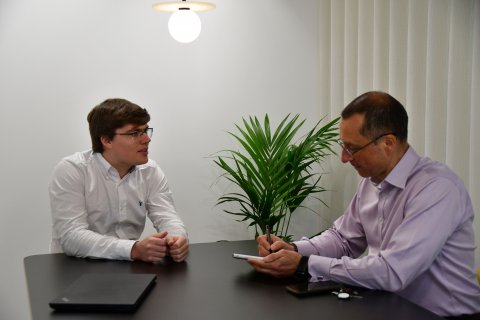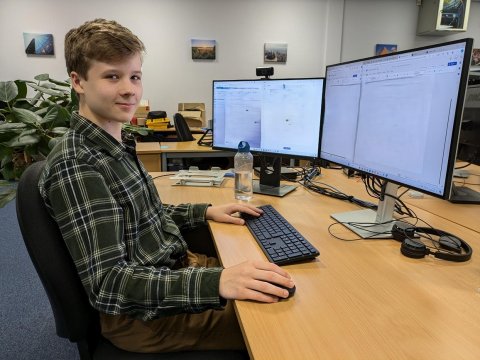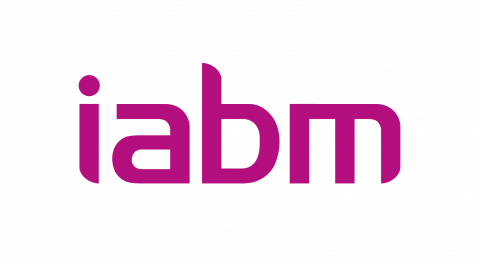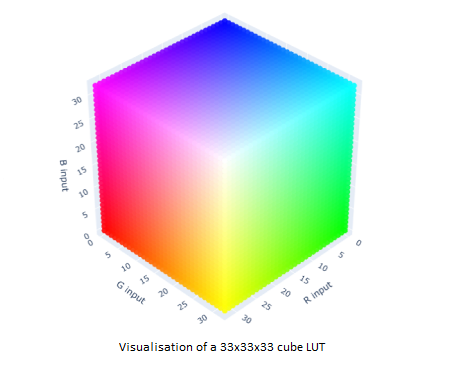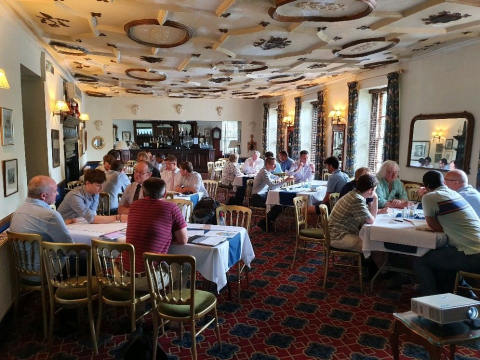Our location on the University of Southampton Science Park has helped us to get heavily involved in the scientific and research sector. We have been working for many years on R&D projects with a number of startups and university spin-outs.
Our scientific and research work often involves automating laboratory experiments and trials.
We are typically required to:
- Develop a good understanding of the science behind the project.
- Guarantee that our systems will be reliable and will run for a long time (some experiments may run non-stop for many months).
- Design safety-critical systems for use in hazardous environments.
- Produce systems that can handle large volumes of data.
- Control many different types of hardware from a wide range of suppliers.
We often:
- Implement bespoke measurement and control solutions.
- Supply data acquisition solutions.
- Develop complex algorithms.
- Analyse experimental results.
- Visualise experimental data.
For example, we have worked for university spin-out Ilika plc, an innovative science-led materials discovery company. One of our projects with Ilika was to develop software for a bespoke high-throughput chemical vapour deposition (CVD) machine. Our software:
- Controlled and monitored 33 separate devices, including valves, flow controllers, heaters, motors and a laser.
- Ran automated depositions to a precise recipe from a master database.
- Allowed the deposition sequence to be fully programmable.
- Passed detailed setup and results data back to the database to ensure repeatability and traceability.
- Provided a touchscreen-based user-interface to display an interactive schematic of the machine with status and provide real-time control.
- Included a simulation mode, allowing the deposition sequence to be developed and tested in safety, without the need for the machine hardware.
We welcome approaches from R&D consortiums that are seeking partners or sub-contractors with systems development skills for UK and EU funded research projects.
Please contact us now to discuss your scientific and research requirements.
